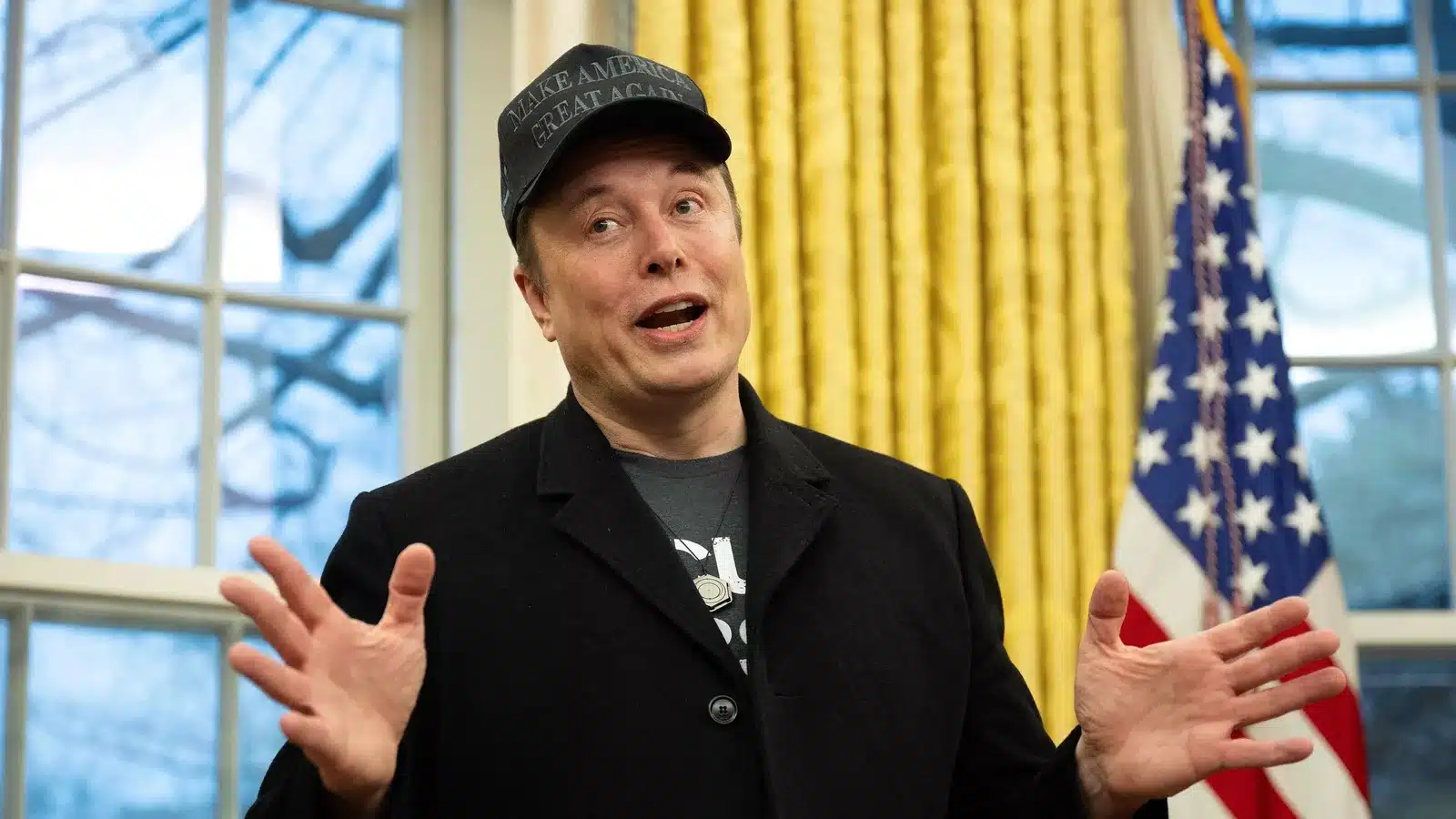The “DOGE Dividend” proposal has recently ignited a heated debate, especially following a contentious exchange between CNN host Michael Smerconish and Azoria CEO James Fishback.
This initiative suggests distributing $5,000 stimulus checks to American taxpayers, funded by savings from the Department of Government Efficiency (DOGE). While proponents argue it offers a direct return to taxpayers, critics, including Smerconish, have labeled it a “Ponzi scheme.”
The Genesis of the DOGE Dividend

The concept originated when James Fishback proposed that 20% of the savings identified by DOGE be returned to taxpayers. Elon Musk, leading DOGE, responded to Fishback’s suggestion on his social media platform, X, indicating he would discuss the idea with President Donald Trump. Fishback estimates that if DOGE achieves its ambitious goal of $2 trillion in savings, each of the 79 million tax-paying households could receive approximately $5,000. This proposal aims to reward taxpayers and incentivize public vigilance against government waste.
Smerconish’s Skepticism
In a recent interview, Michael Smerconish challenged Fishback’s proposal, expressing concerns about its feasibility and labeling it a “Ponzi scheme.” Smerconish questioned the sustainability and legitimacy of funding such dividends through projected government savings, suggesting that the plan might be overly optimistic or even deceptive.
Financial and Political Hurdles
Implementing the DOGE Dividend faces significant challenges. Firstly, the proposal requires Congressional approval, a process that can be lengthy and contentious. Lawmakers might prefer allocating the savings to other areas, such as reducing the national debt or funding existing programs. Additionally, budget experts warn that such payouts could exacerbate inflation and fiscal irresponsibility, drawing parallels to previous stimulus checks issued during the COVID-19 pandemic.
Current Status and Future Prospects
As of now, the DOGE Dividend remains a proposal under consideration. Elon Musk has expressed interest and plans to discuss it further with President Trump. However, the plan’s feasibility is under scrutiny, with concerns about its economic impact and the practicality of achieving the projected savings. The national debt, currently estimated at $36 trillion, adds another layer of complexity to the proposal.
The DOGE stimulus checks proposal has sparked a significant debate about fiscal policy, government efficiency, and taxpayer rights. While it offers an innovative approach to returning savings to the public, it faces substantial financial, political, and legal challenges. As discussions continue, the proposal’s future remains uncertain, highlighting the complexities of implementing large-scale fiscal reforms.
For a deeper understanding of the debate surrounding the DOGE Dividend, you can watch the discussion between Michael Smerconish and James Fishback below:
- Training Like Spider-Man: A Deep Dive Into Tom Holland’s Fitness Routine - April 29, 2025
- How to Size a Men’s Wedding Ring: Getting the Perfect Fit - April 28, 2025
- Build the Perfect Morning Routine That Works for You - April 26, 2025

